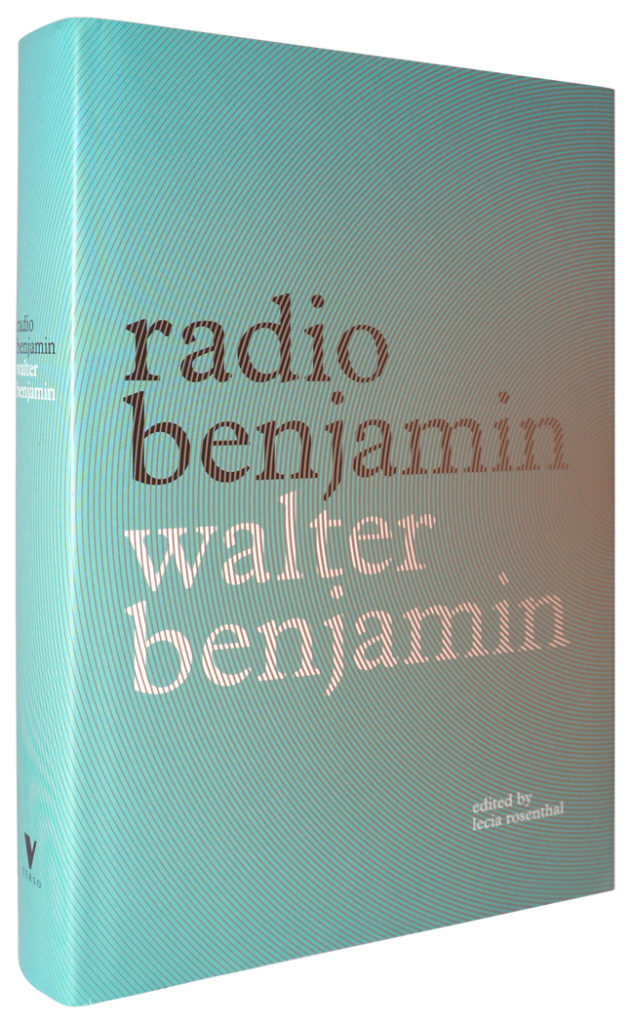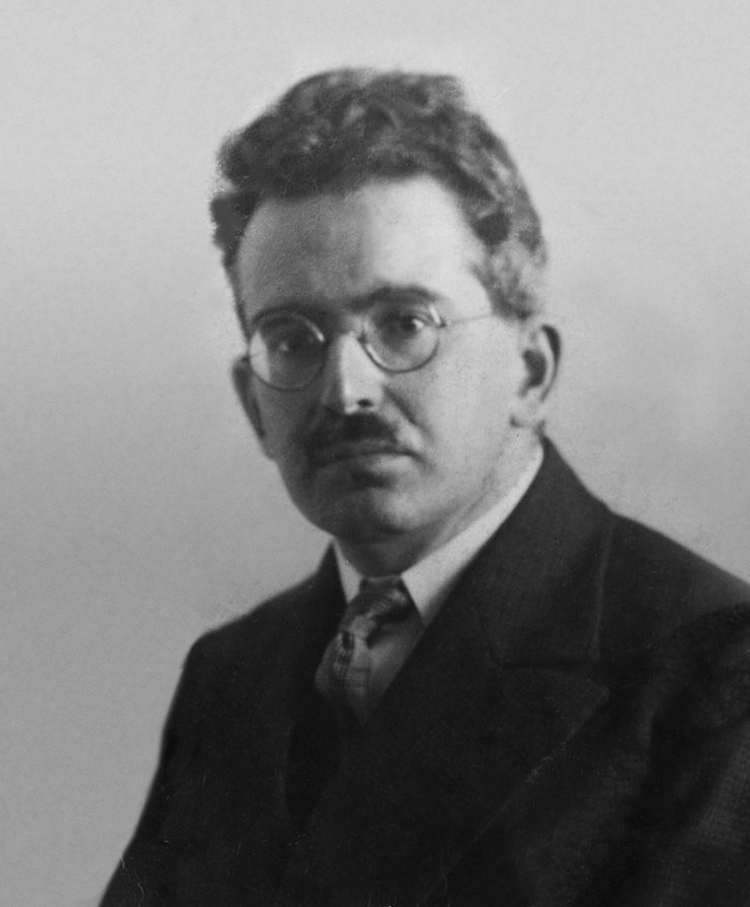The other day I visited a new bookstore/eatery in Santa Cruz, California and discovered Lecia Rosenthal’s edited collection of Walter Benjamin radio broadcasts. Benjamin delivered these wonderful radio talks over Radio Berlin and Radio Frankfurt from 1927 to 1933. They resemble broadcasts for children, but of course adults can enjoy them, too.

Entranced by these audio essays, I am going to visit all of them, one by one, here at Radio Survivor. I will quote a little from each, then add my own commentary and personal observations.
Before I do any of that, though, a bit about Walter Benjamin, one of the most important thinkers of the 20th century. Benjamin was born in Berlin in 1892. He died in 1940 in Spain, taking his own life to avoid being captured by the brutal Nazi Gestapo. Between those years he established himself as an influential communist philosopher and cultural critic. I am not much of a theory person, but of course I have read his all-important 1936 essay “The Work of Art in the Age of the Mechanical Reproduction.”

This meditation offers a simple yet profound observation: the rise of lithography, photography, recorded sound, and film (in the author’s time) have systematically extracted all artworks from what Benjamin called their “aura,” their cultish connection to some specific, hallowed time and place. Suddenly they find themselves in all kinds of unanticipated contexts, put to a variety of unexpected uses. As the platforms for creation expand, the lines blur between creators and their audiences. This famous paragraph from the essay long predates our observations and anxieties about social media today.
“For centuries a small number of writers were confronted by many thousands of readers. This changed toward the end of the last century. With the increasing extension of the press, which kept placing new political, religious, scientific, professional, and local organs before the readers, an increasing number of readers became writers – at first, occasional ones. It began with the daily press opening to its readers space for “letters to the editor.” And today there is hardly a gainfully employed European who could not, in principle, find an opportunity to publish somewhere or other comments on his work, grievances, documentary reports, or that sort of thing. Thus, the distinction between author and public is about to lose its basic character.”

The big question for Benjamin was always ‘where was this going’? Would it lead to a more egalitarian society? Or would it wind up serving much more dangerous forces, they skilled in the dark art of claiming and mutating images? “Fascism attempts to organize the newly created proletarian masses without affecting the property structure which the masses strive to eliminate,” Benjamin warned. “Fascism sees its salvation in giving these masses not their right, but instead a chance to express themselves. The masses have a right to change property relations; Fascism seeks to give them an expression while preserving property.”
Re-reading this essay for the umpteenth time, I get a very clear sense from Benjamin about what he thought that fascism was all about, with its appropriation of ancient symbols, such as swastikas. But despite his references to the Soviet Union, I do not come away with an equally clear take on how he thought “the masses” would effectively transform property relations in this new world.
And so this Walter Benjamin radio diary has two purposes. First, to learn more about his philosophy as it came to him and his radio listeners. Second, just to enjoy his talks. Here is a list of my published entries.
Walter Benjamin radio diary entry list
Entry #1: “Selective Snouting”
Entry #2: “The Downside of Radio”
Entry #3: “On Puppets and Dictators”
Entry #4: On earthquakes and radio time
Entry #5: Walter Benjamin’s impossible radio visit to a brass factory
Last entry: What did Walter Benjamin think that radio was for?


